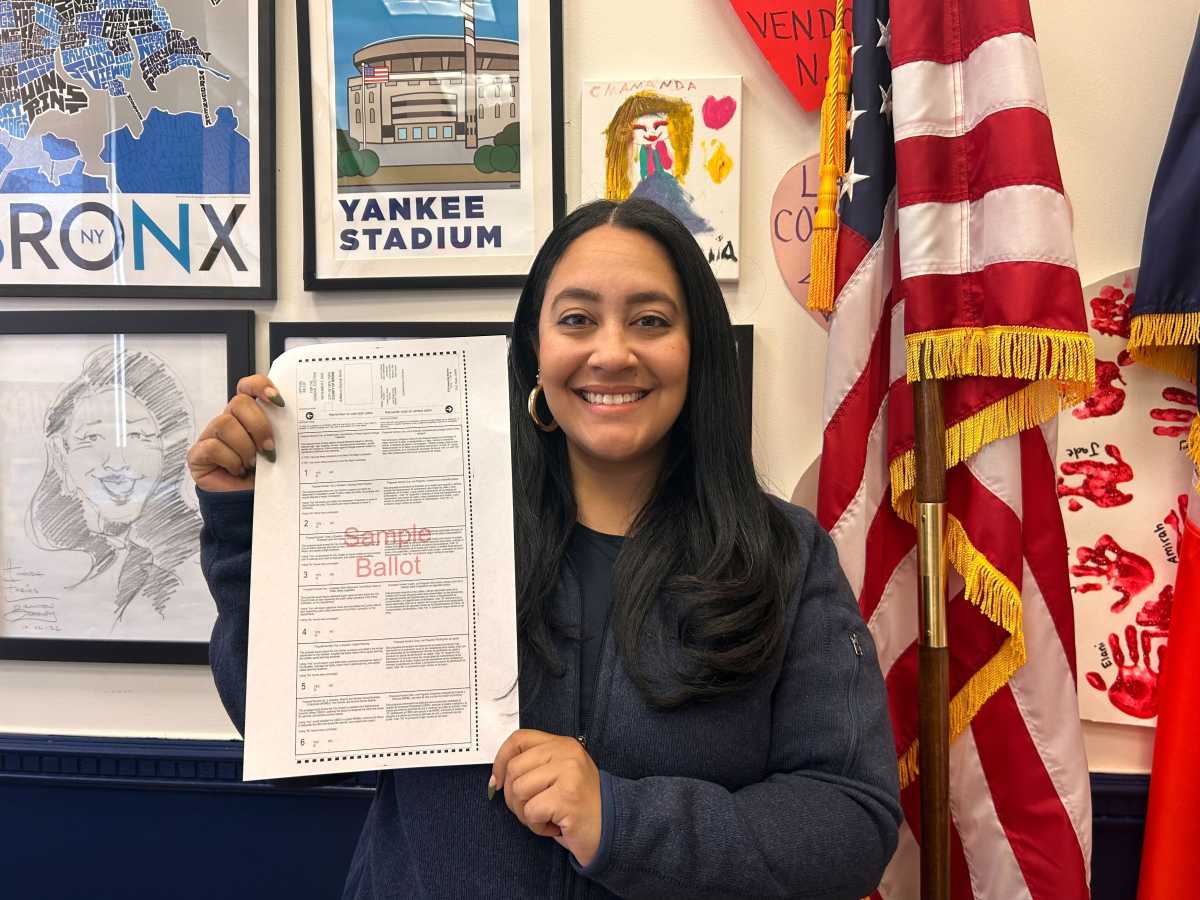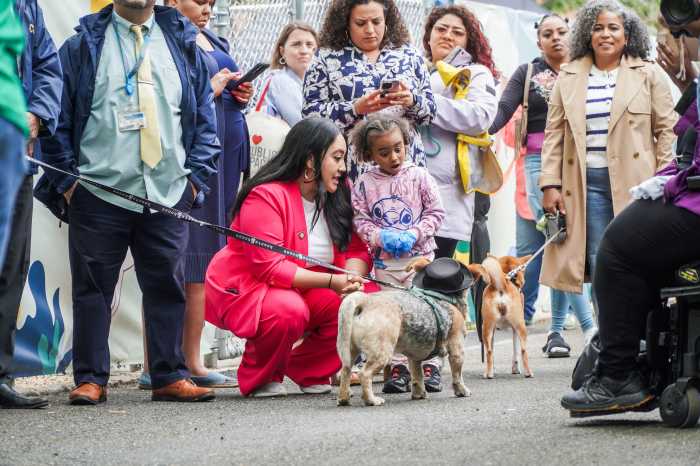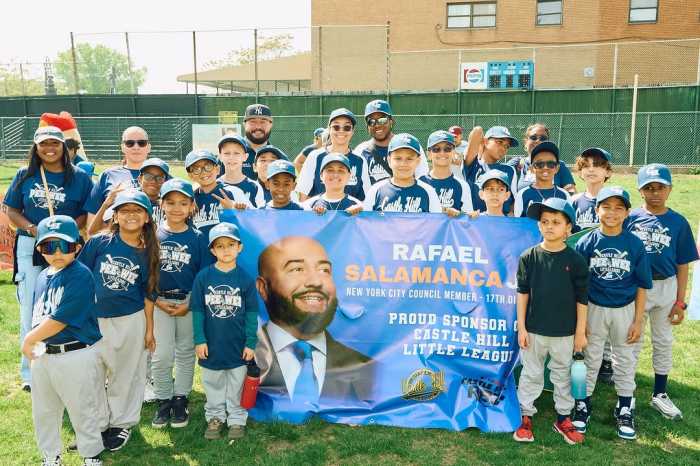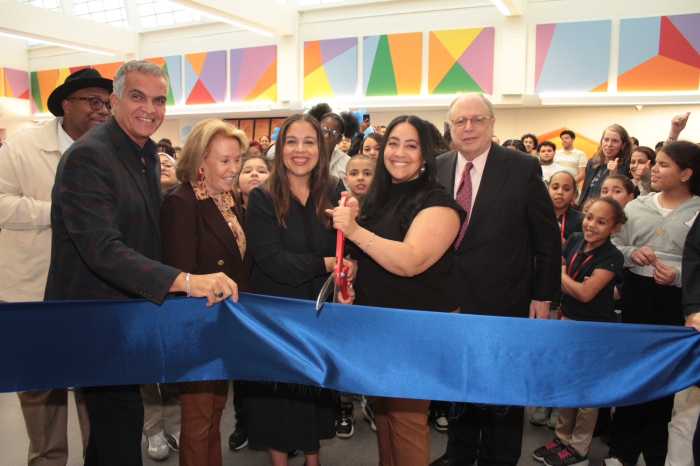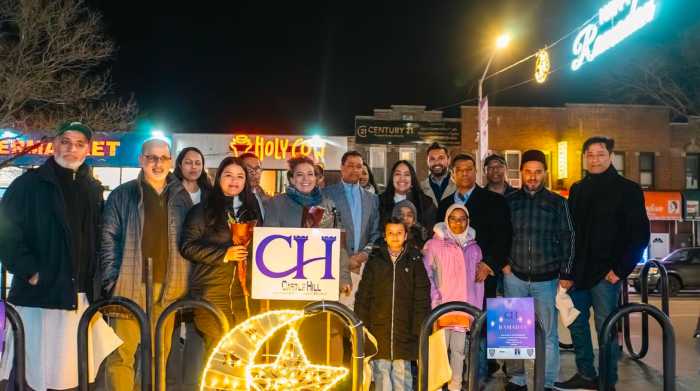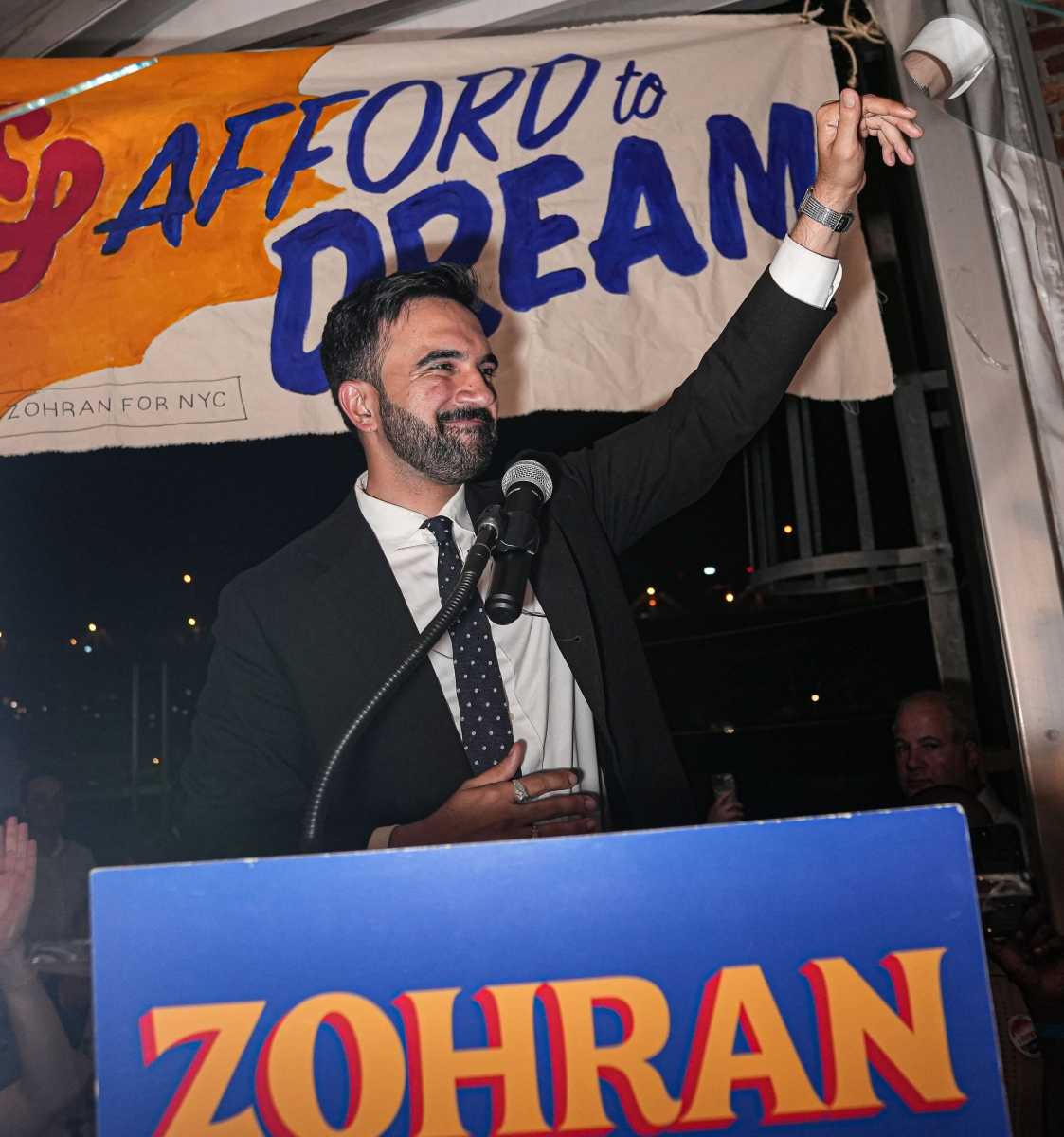As we prepare to vote in the General Election this November, it’s important to know what is on the front and back of your ballot before you enter the voting booth.
Proposal 1, the New York State Equal Rights Amendment, would expand statewide anti-discrimination protections to cover ethnicity, national origin, age, disability and sex, including sexual orientation, gender identity, pregnancy and abortion rights. This amendment
would ensure these rights are permanently enshrined in the state constitution. Currently, the New York State Constitution only explicitly prohibits discrimination based on race and religion, leaving significant gaps in protection.
Proposals 2 through 6 stem from Mayor Eric Adams’ Charter Revision Commission and could significantly affect city government’s responsiveness, transparency and accountability. Earlier this year, the Mayor formed the commission to introduce ballot proposals aimed at consolidating more control over city services within the Mayor’s office. Many of these changes could have been implemented through the legislative process that includes New Yorkers input, but instead, the Mayor opted for constitutional changes through the Charter Revision Commission process.
The City Council is working to make sure New Yorkers understand that these six proposals could weaken checks-and-balances and ultimately make city government less responsive and less transparent. See a brief breakdown of the proposals on the City Council’s website at: https://council.nyc.gov/2024-ballot-proposals/.
Proposal 2 is referred to as ‘clean streets.’ This proposal would expand the Department of Sanitation’s authority, enabling them, at the mayor’s direction, to clean any city-owned property, clarify their authority to require containerized garbage and extend authority over street vendors to vending on other types of city property, instead of just streets and sidewalks. This proposal codifies bypassing public input on changes to sanitation laws.
Proposal 3 focuses on ‘fiscal responsibility,’ and seeks to require fiscal analysis from the Council before hearings and votes on laws, as well as, authorize fiscal analysis from the Mayor, and update budget deadlines. This would add significant taxpayer costs and delays to lawmaking.
Proposal 4 is focused on public input on laws concerning public safety. The text of this proposal is that there would be “required additional public notice and time before the City Council votes on laws respecting the public safety operations of the Police, Correction or Fire Departments.” What this actually means is that laws the City Council proposes concerning public safety reform would be delayed by several months or fully blocked if introduced at the end of the year.
Proposal 5 would require more detail in the annual assessment of City facilities, mandate that facility needs inform capital planning and update deadlines.
Proposal 6 would enshrine the role of chief business diversity officer (CBDO) in the charter and provide that this position will serve as the point of contact for M/WBEs. It would also empower the mayor to give the office that processes film permits — the Mayor’s Office of Media and Entertainment — the power to issue those permits.
For proposal 1, voting “Yes” would expand protected classes under the Equal Rights Amendment in New York State, voting “No” would leave it unchanged and would not expand the definition.
For proposals 2-6, voting “Yes” means that the new rules laid out in the proposals would be implemented for every Mayoral Administration going forward, voting “No” leaves laws unchanged.
Make sure to do your research to make informed choices when voting for the proposals. The power is with the people – it’s up to all of us to decide the future of our city and our nation. Happy voting!
New York City Council Majority Leader Amanda Farias represents the 18th Council District, comprising the Bronx neighborhoods of Castle Hill, Clason Point, Harding Park, Parkchester, Soundview and Westchester Square.

